NOTTINGHAM, UK: Artificial joints, stents and dental implants are among the most common devices that use biomaterials in order to restore function or replace damaged tissue. However, after the implantation of biomaterials in the body, a host reaction can occur which may result in implant failure. Now, researchers from the University of Nottingham’s schools of pharmacy and life sciences have discovered that the topography and chemical composition of polymer materials can be altered in order to create materials that control the body’s immune response. This finding could be applied to reducing the risk of the rejection of various medical devices, including dental implants.
Host reactions, including responses such as inflammation, foreign-body reaction and fibrous capsule development, are driven by the activation of immune cells—monocytes and macrophages—attaching to the implant surface. The topography of a material or implant is known to influence macrophage attachment.
“We are looking at ways to create materials that can be safely put inside the body without the immune system attacking it and causing rejection. To do this we are exploring materials that can control the immune response,” explained Prof. Amir Ghaemmaghami from the School of Life Sciences at the university and co-leader of the research. “We have used high throughput screening technology to examine how the topography and chemical properties of a material can be used to design ‘immune‐instructive’ surfaces for potential use in implants, which influence macrophage function and consequently the foreign-body responses to biomaterials,” he continued.
A high throughput screening approach was used to investigate the relationship between material topographies and immune cell attachment and behaviours for 2,176 different micro-patterns. The results indicated that micron-scale pillars ranging from 5–10 µm in diameter were key in driving macrophage attachment and that the density of the micro-pillars was crucial for controlling inflammatory reactions.
“It is exciting to have discovered these biomaterials that could be a real game-changer in the area of medical implants”
—Prof. Morgan Alexander, University of Nottingham
The research team also discovered immune-instructive polymer chemistries that successfully controlled the immune response in a preclinical rodent model. This was achieved through screening libraries of diverse polymers and identifying materials that control the behaviour of macrophages.
An artificial intelligence algorithm was used to model the relationships between the material chemistries and the cell responses they produced. These results suggested that different immune-instructive polymers attract different amounts of the protein adsorption which was key to the macrophage responses.
“These latest discoveries add to a wealth of materials research taking place at the University of Nottingham and it is exciting to have discovered these biomaterials that could be a real game-changer in the area of medical implants. Getting these materials used in a commercial product would be our ultimate aim for this research, there is still a way to go to get there but these discoveries are a significant step towards that,” said co-author Prof. Morgan Alexander from the School of Pharmacy at the university.
The research team has published its findings in two recent studies. The first study, titled “Immune modulation by design: Using topography to control human monocyte attachment and macrophage differentiation”, was published online on 28 April 2020 in Advanced Science, ahead of inclusion in an issue.
The second study, titled “Immune-instructive polymers control macrophage phenotype and modulate the foreign body response in vivo”, was published online on 1 May 2020 in Matter, ahead of inclusion in an issue.
Tags:
SEATTLE, U.S.: Biofilm buildup can lead to many oral health issues, including gingivitis, periodontitis and tooth loss, as well as other serious health ...
LONDON, England: Although periapical periodontitis can increase systemic inflammation and is associated with cardiovascular risk and impaired glycaemic ...
MADISON, Wis., U.S.: Various studies have previously suggested that there is a link between poor oral health and the occurrence of inflammatory diseases, ...
LONDON, England: Balanced nutrition is known to lower the risk of major non-communicable diseases, including cardiovascular disease, neurodegenerative ...
LONDON, England: Driven by the NHS dental crisis, an increasing number of UK patients seeking cheaper dental work overseas are encountering unexpected ...
BIRMINGHAM, Ala., USA: There is a recommendation for children to have a dental visit by 6 months of age, but there is insufficient evidence of improved ...
BOSTON, U.S.: In a recent study, researchers have examined the association between light-polymerized, resin-based and fluoride-releasing sealants and the ...
TORONTO, Canada: The question as to why the human immune system partly works against the body, for example in autoimmune diseases, is still not sufficiently...
The implant market has been one of the dominating features within dentistry for some time. In an upcoming free botiss webinar on Monday, Dec. 16, host Dr. ...
RUGBY, UK: In a large series of studies conducted in Italy and Switzerland, researchers have found that people who ate green vegetables were less likely to ...
Live webinar
Tue. 3 March 2026
11:00 am EST (New York)
Dr. Omar Lugo Cirujano Maxilofacial
Live webinar
Tue. 3 March 2026
8:00 pm EST (New York)
Dr. Vasiliki Maseli DDS, MS, EdM
Live webinar
Wed. 4 March 2026
12:00 pm EST (New York)
Munther Sulieman LDS RCS (Eng) BDS (Lond) MSc PhD
Live webinar
Wed. 4 March 2026
1:00 pm EST (New York)
Live webinar
Fri. 6 March 2026
3:00 am EST (New York)
Live webinar
Tue. 10 March 2026
4:00 am EST (New York)
Assoc. Prof. Aaron Davis, Prof. Sarah Baker
Live webinar
Tue. 10 March 2026
8:00 pm EST (New York)
Dr. Vasiliki Maseli DDS, MS, EdM



 Austria / Österreich
Austria / Österreich
 Bosnia and Herzegovina / Босна и Херцеговина
Bosnia and Herzegovina / Босна и Херцеговина
 Bulgaria / България
Bulgaria / България
 Croatia / Hrvatska
Croatia / Hrvatska
 Czech Republic & Slovakia / Česká republika & Slovensko
Czech Republic & Slovakia / Česká republika & Slovensko
 France / France
France / France
 Germany / Deutschland
Germany / Deutschland
 Greece / ΕΛΛΑΔΑ
Greece / ΕΛΛΑΔΑ
 Hungary / Hungary
Hungary / Hungary
 Italy / Italia
Italy / Italia
 Netherlands / Nederland
Netherlands / Nederland
 Nordic / Nordic
Nordic / Nordic
 Poland / Polska
Poland / Polska
 Portugal / Portugal
Portugal / Portugal
 Romania & Moldova / România & Moldova
Romania & Moldova / România & Moldova
 Slovenia / Slovenija
Slovenia / Slovenija
 Serbia & Montenegro / Србија и Црна Гора
Serbia & Montenegro / Србија и Црна Гора
 Spain / España
Spain / España
 Switzerland / Schweiz
Switzerland / Schweiz
 Turkey / Türkiye
Turkey / Türkiye
 UK & Ireland / UK & Ireland
UK & Ireland / UK & Ireland
 Brazil / Brasil
Brazil / Brasil
 Canada / Canada
Canada / Canada
 Latin America / Latinoamérica
Latin America / Latinoamérica
 USA / USA
USA / USA
 China / 中国
China / 中国
 India / भारत गणराज्य
India / भारत गणराज्य
 Pakistan / Pākistān
Pakistan / Pākistān
 Vietnam / Việt Nam
Vietnam / Việt Nam
 ASEAN / ASEAN
ASEAN / ASEAN
 Israel / מְדִינַת יִשְׂרָאֵל
Israel / מְדִינַת יִשְׂרָאֵל
 Algeria, Morocco & Tunisia / الجزائر والمغرب وتونس
Algeria, Morocco & Tunisia / الجزائر والمغرب وتونس
 Middle East / Middle East
Middle East / Middle East
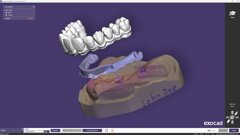



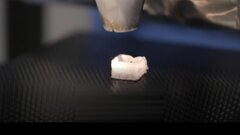

















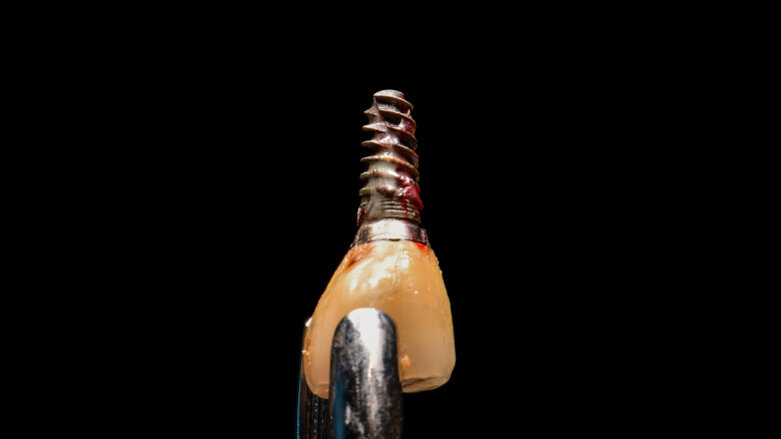



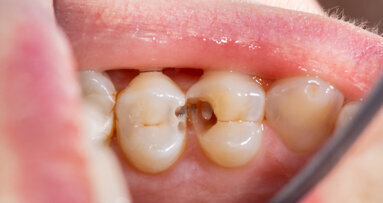




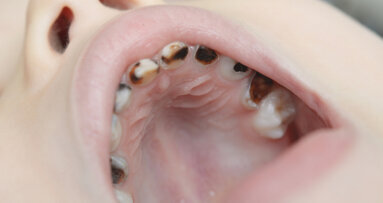

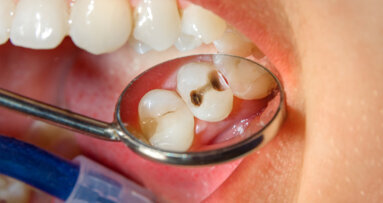

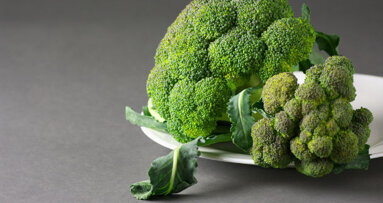







I have gathered a lot of information on the technical side why the osseointegration of dental implants could fail but this is a whole new aspect of looking at causes for unsuccessful procedures.